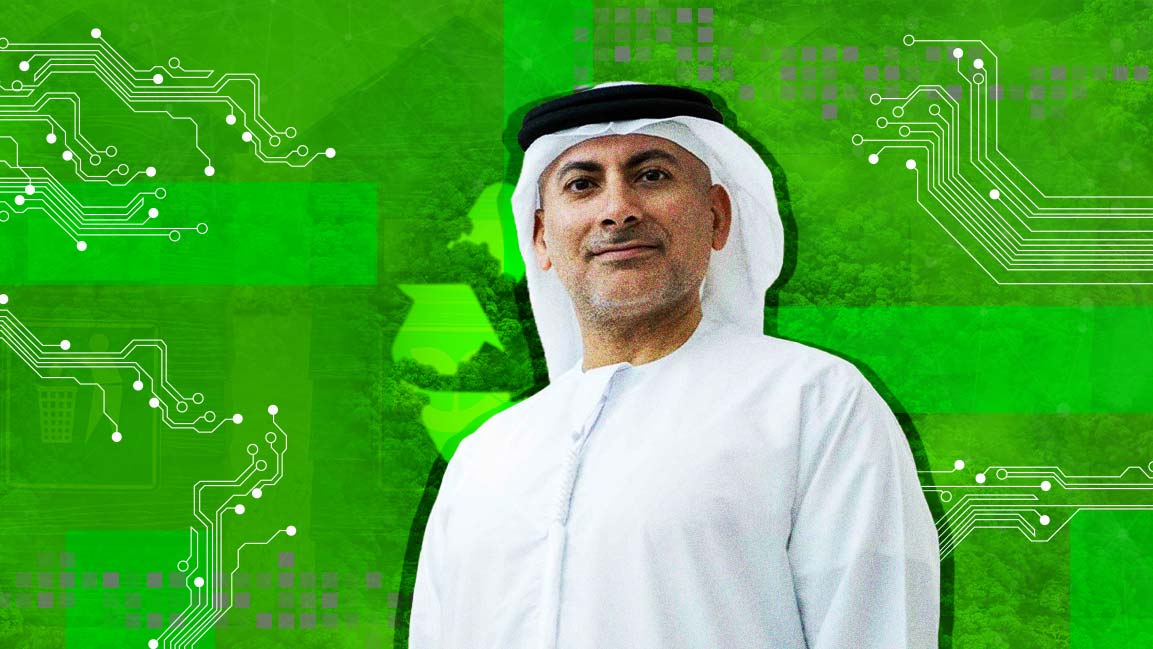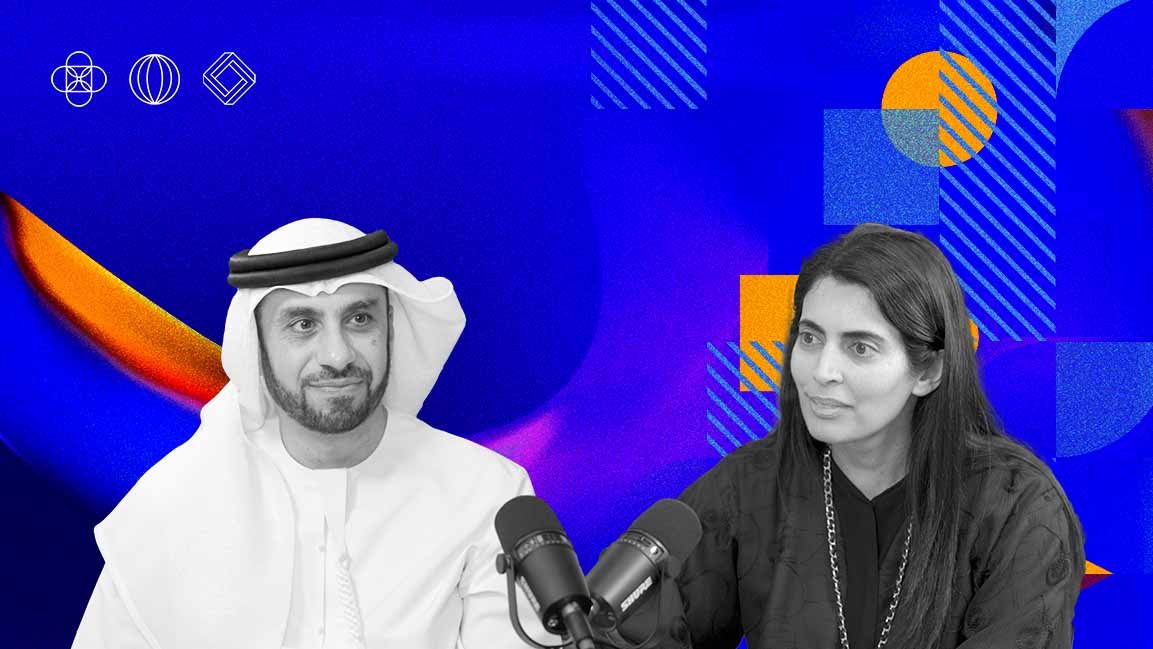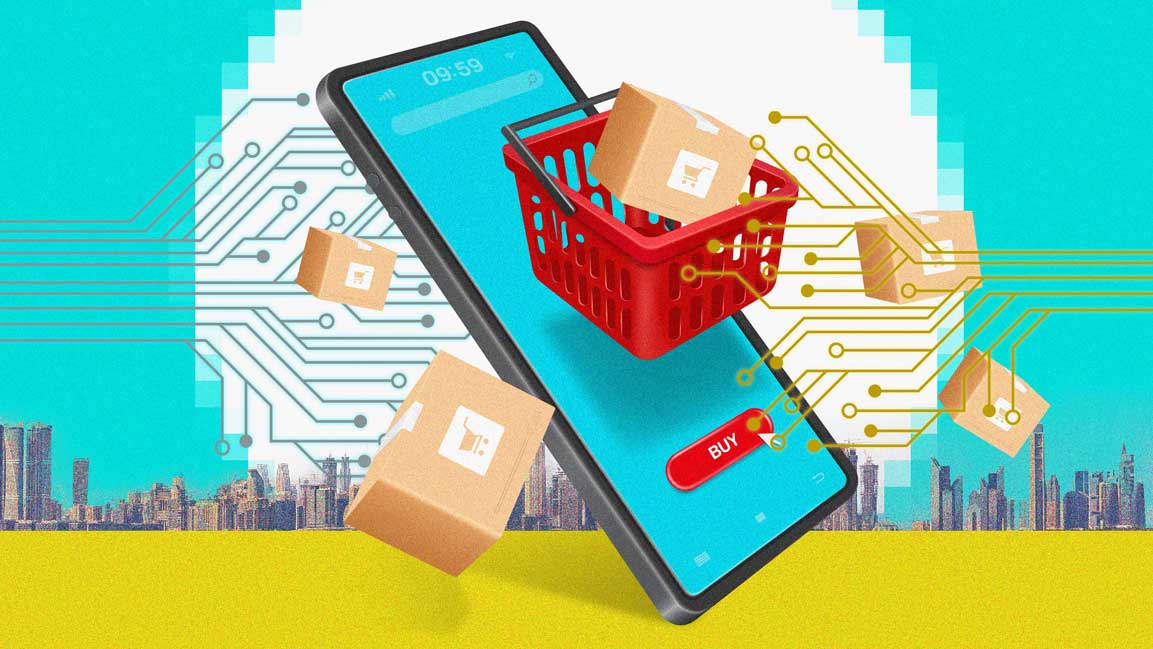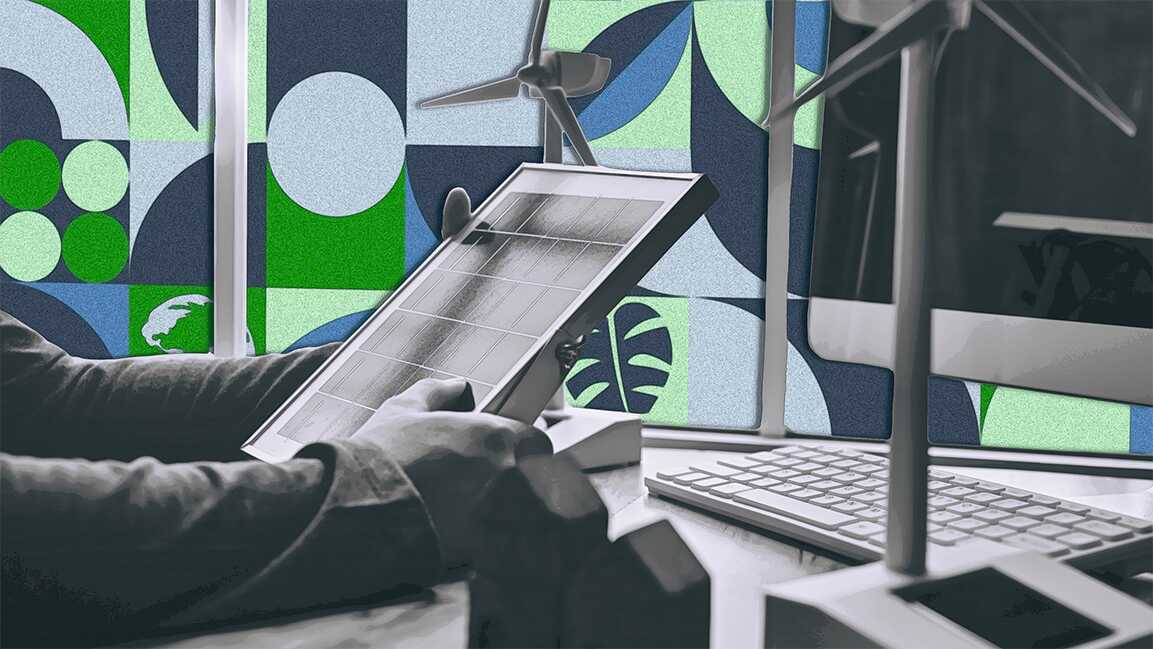- | Beeah
How the convergence of AI and sustainability is driving climate action
Artificial Intelligence can now revolutionize sustainability in the Middle East. But how?

2023 will be the year of Generative AI. The continued evolution of AI, especially generative AI, is revolutionizing many industries.
In the past six months, the most frequently searched keyword in the field of AI has been Generative AI, and this surge in interest is primarily due to OpenAI’s ChatGPT, DALL-E, and Midjourney.
Businesses are leveraging the power of AI to revolutionize and impact our lives in various ways. Additionally, organizations can make more sustainable choices using AI and contribute to a greener future.
Generative AI could have a transformational impact on increasing energy efficiency, among other things. Many companies now utilize AI to achieve sustainability targets by implementing advanced tech across operations.
One such organization is Sharjah-based BEEAH Group, a holding group with businesses in industries that focus on creating a sustainable future. By addressing climate change with AI and future technologies, BEEAH Group CEO, Khaled Al Huraimel, shared how the organization has raised the bar for sustainability through innovation across industries, including waste management, clean energy, digital transformation, education, environmental consulting, transport, real estate and healthcare.
“Since the beginning, our organization’s purpose has been to elevate the quality of life and help shape a sustainable world. We identified waste management as our first challenge, and we have since become regional leaders in the industry, expanding across the UAE, into Egypt and KSA,” said Khaled Al Huraimel, Group CEO of BEEAH Group. Today, we have also diversified into several industries that we consider future-critical to sustainability and quality of living. Technology has enabled us to scale our solutions dramatically, enabling us to make more impact through diversification and expansion.”
AI tools help optimize its waste collection business, combining vehicle tracking, routing, and bin management. On the other end of the waste management chain, future technologies enhance its recycling business. Its commercial and industrial recycling facility has a robot with AI vision to segregate different types of waste.
As a result of AI, technological advancements and sustainable innovations, BEEAH Group was able to increase the landfill waste diversion in Sharjah from 76 percent − achieved through waste processing and material recovery − to over 90% − a regional first − with the addition of a waste-to-energy facility.
BEYOND WASTE MANAGEMENT
BEEAH Group has diversified into several business verticals to transform industries to be more sustainable beyond the waste management sector. BEEAH Digital is the Group’s digital transformation and future technologies business with the ventures EVOTEQ and re.life.
EVOTEQ’s primary goal is to accelerate digital transformation in the Middle East through innovative digital solutions and platforms that help governments and large enterprises to improve performance and increase efficiency.
re.life is a digital ecosystem with two platforms: re.life market and re.life connect. re.life market connects buyers and sellers of recyclables through a fair and transparent virtual marketplace, with trading options spanning several categories. Meanwhile, re.life combines revolutionizing logistics and moving with an uber-style approach.
“With technology, we are able to create new and sustainable efficiencies across industries, which is essential to track and accelerate towards business as well as sustainability targets. AI is enabling us to transform industries so they are more sustainable and better for people and the planet while being future-ready for the modern economy,” the BEEAH Group CEO said.
The group’s headquarters symbolizes the vision of the BEEAH Group CEO. In addition to serving as a central hub for managing and administering all of the businesses, the BEEAH Headquarters utilizes digital twin technology and predictive AI to track consumption and run simulations, allowing for the identification and implementation of energy-saving measures. Furthermore, AI automatically adjusts lighting and cooling systems based on preferences, occupancy, and the time of day. Positioned as the “office of the future” and designed by the renowned Zaha Hadid Architects, the building boasts iconic architecture, operates at LEED Platinum standards, is integrated with AI and has several employee-centric features to create a comfortable work environment.
With green data centers gaining ground, BEEAH Group has partnered with Khazna Data Centers to build Sharjah’s first data center, offering an energy-efficient solution with a 9 MW capacity while minimizing emissions and water consumption.
GREEN FUTURE WITH AI
WastePro+ is the platform from BEEAH Group’s waste collection business, BEEAH Tandeef, which leverages AI to streamline fleet routes and meet service demands.
The platform integrates RFID-tagged bins that signal the platform when full and GPS-enabled trucks that are tracked to be directed based on demand. It optimizes routes by compiling data and suggesting the best route for each truck to maximize service per trip. This technology helps BEEAH Tandeef efficiently manage waste collection, reduce fuel consumption, and minimize emissions.
In terms of the company’s recycling goals, BEEAH Recycling’s Commercial & Industrial recycling facility uses AI and robotics for waste segregation, resulting in 100% pure recyclables, increased efficiency, and cost savings. The technology helps the company move closer to its zero-waste targets and the circular economy.
Clearly, AI can be effectively applied across businesses for operational efficiency and to facilitate the sustainability agenda. Organizations like BEEAH Group are bringing their solutions to scale and advance sustainability across the region, making the kind of quick, adequate progress the region needs.
THE END GOAL
The symbiotic human-AI relationship is necessary to solve complex problems—including sustainability. Using AI will result in malleable solutions anticipating future needs or requirements to avoid building new solutions or infrastructure.
And BEEAH Group, with an innovative approach to AI, is transforming sustainability practices in waste management, digital transformation, and energy optimization. It contributes to a future of net-zero emissions, zero-waste to landfills, and infrastructure for sustainable, smart cities.









































